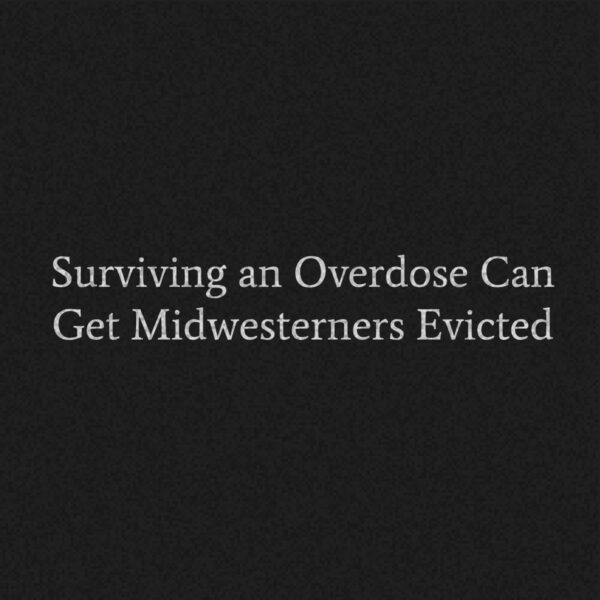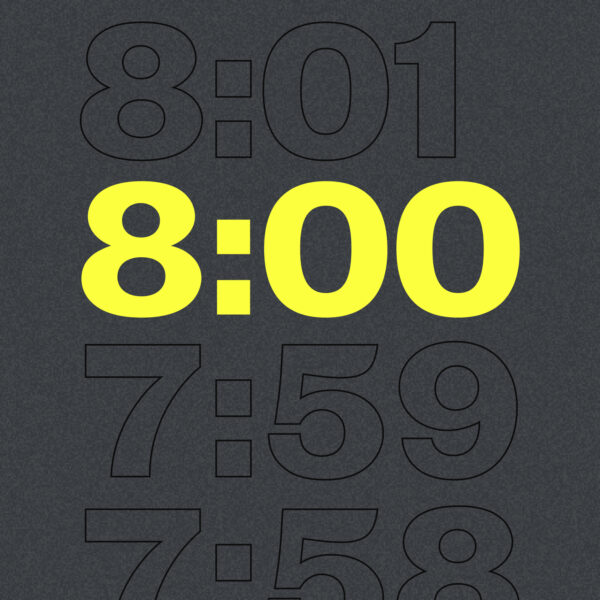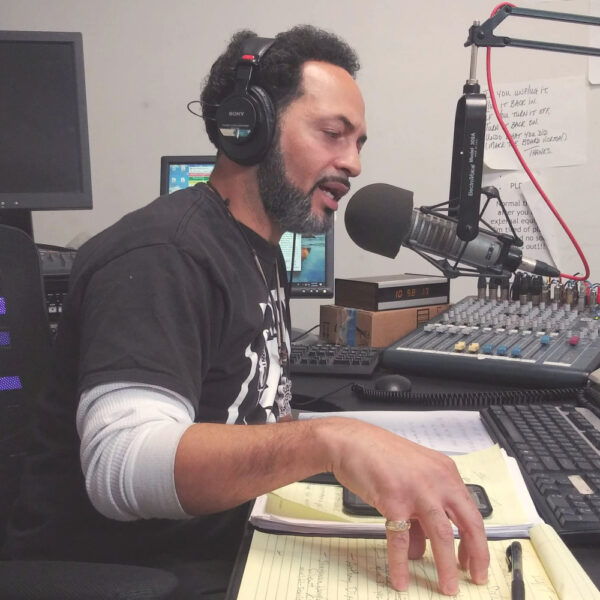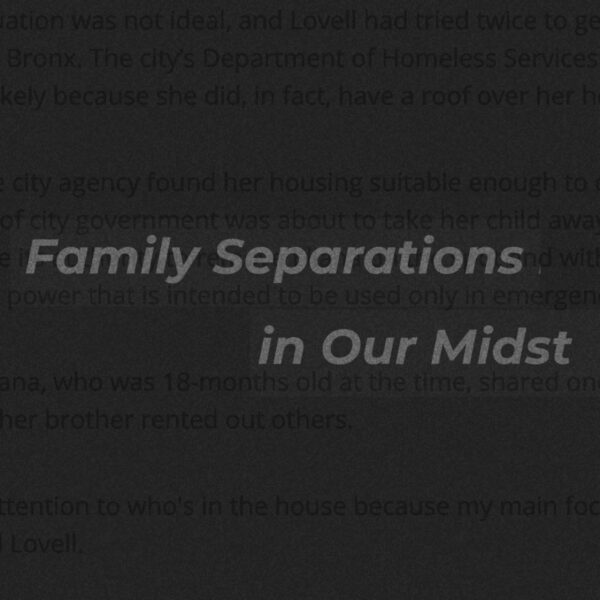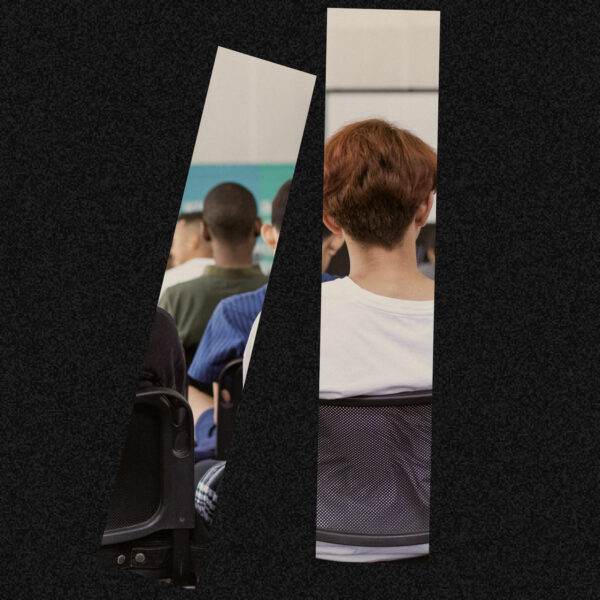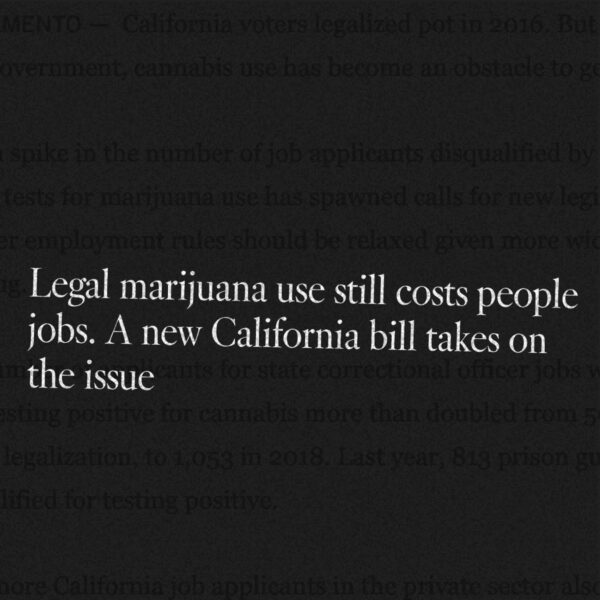It’s time to uproot the drug war from our lives.
The war on drugs has impacted nearly every aspect of our lives. Our government criminalizes people who use drugs instead of providing education and addiction health services, including treatment. Rather than invest in communities, public officials invest in surveillance, policing, and punishment tactics that disproportionately target and impact people of color, low-income people, and non-citizens. Though these tactics have fueled mass incarceration, that is not their only impact.
There are serious consequences for drug use in nearly every sector of civil life — education, employment, housing, child welfare, immigration, and public benefits. Punishment is not limited to the criminal legal system. Instead, it is the default reaction to drug use wherever it shows up, impacting our lives in profound but largely unrecognized ways. We must shine a spotlight on the insidious ways the drug war has spread into all our systems.
18 States
allow all employers to conduct drug testing regardless of job function.
Half of all states and the District of Columbia require doctors to report any suspicion of drug use to child welfare authorities regardless of whether it’s impacting the child.
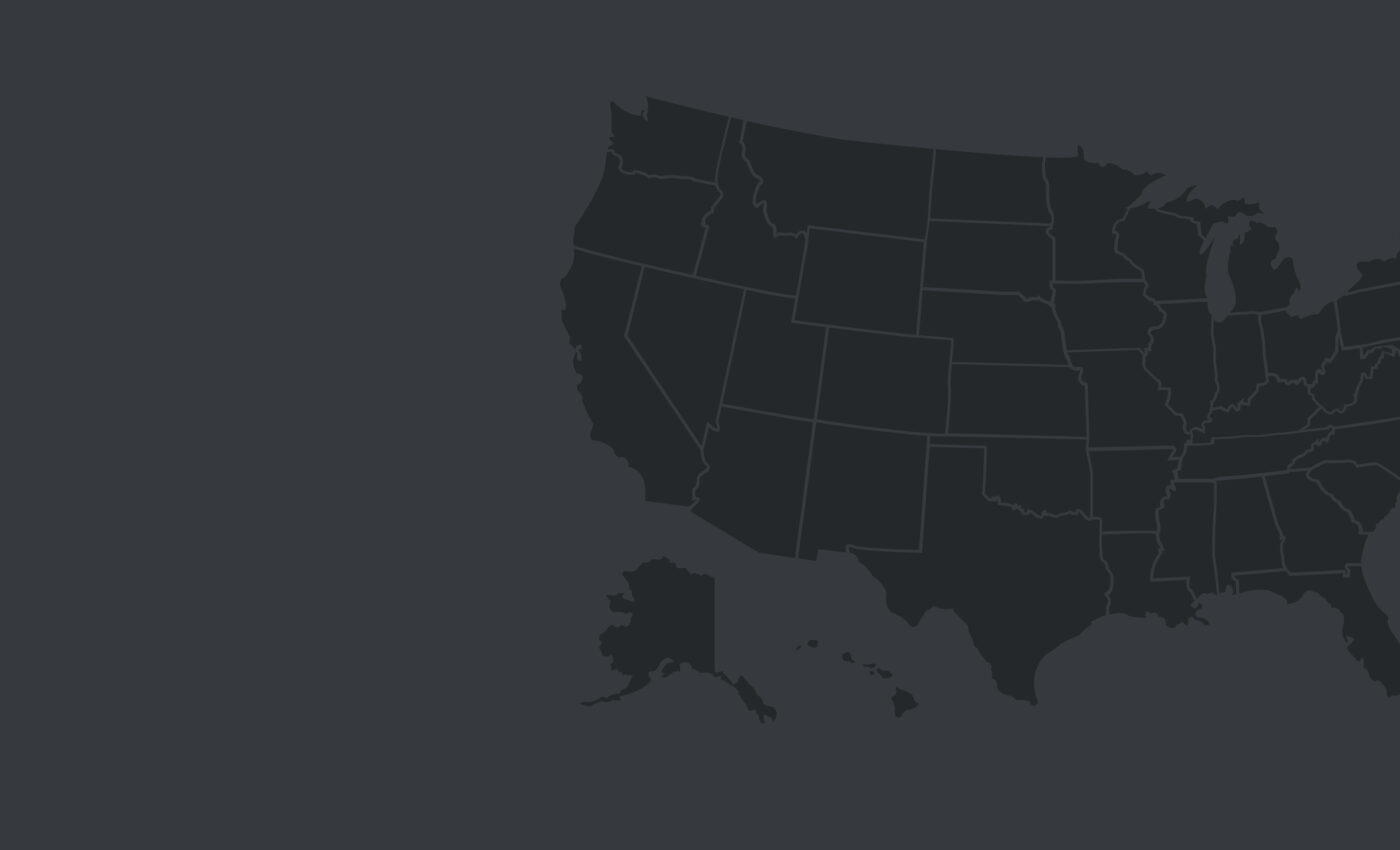
10 million students
are in schools that have law enforcement policing student drug use but no social workers.
After "illegal entry," drug offenses were the most common offense among people who were deported in 2019.
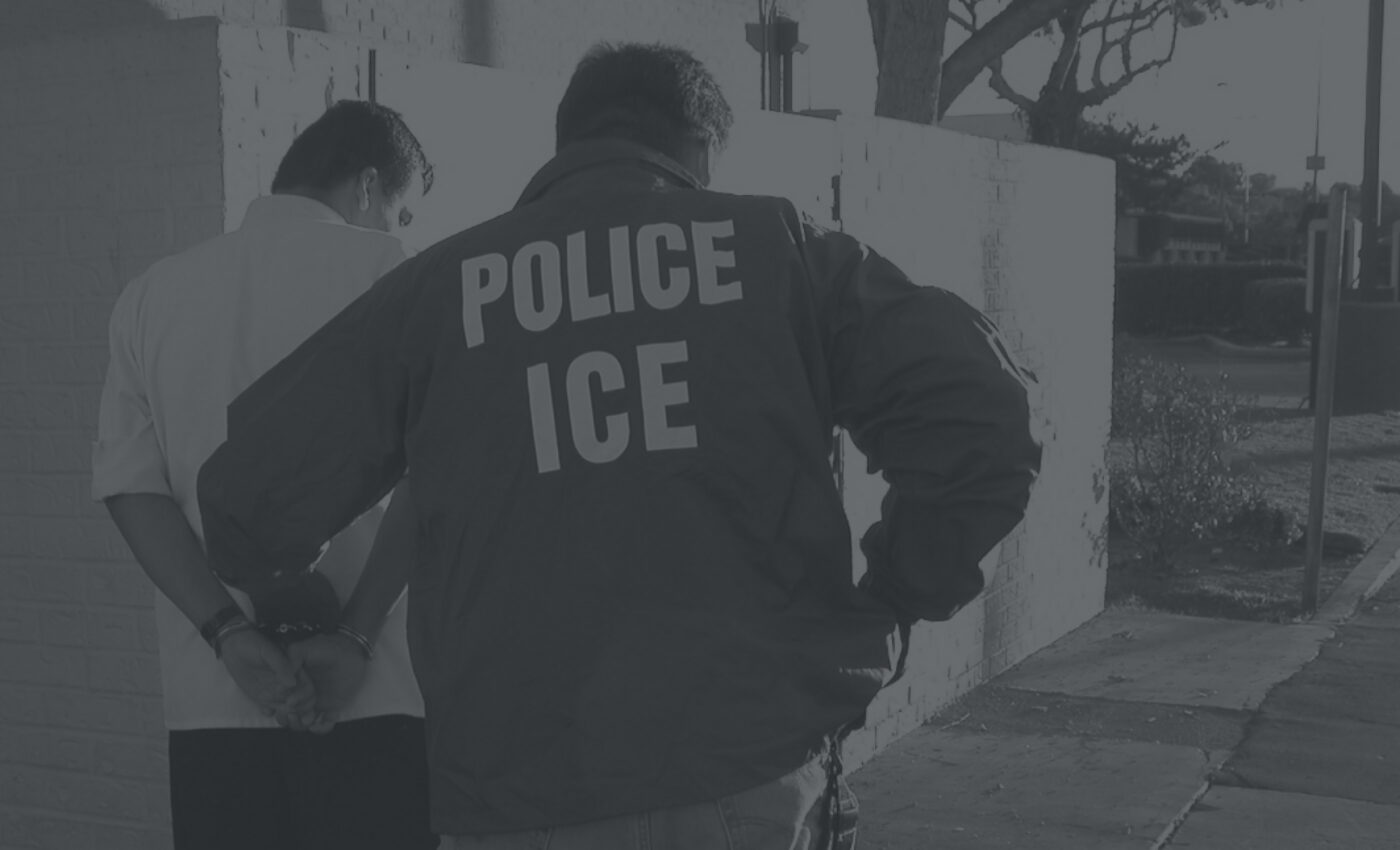
The drug war warps and impacts critical systems.
We must replace drug war criminalization with voluntary health and support services for those who need them.
Because of the war on drugs, we have laws and rules that double down on punishment and attempts to control people. This “drug war logic” means low-income people are denied food stamps and public assistance for past drug convictions, people who are even suspected of using drugs are evicted from public housing and discriminated against in the private housing sector, qualified people have to pass a drug test unrelated to their employment before they are offered a job, non-citizens are deported for infractions that citizens are only ticketed for, students are kicked out of school because of random drug screens, and parents permanently lose custody of their children even when they are following the drug treatment requirements from the child welfare agency. It’s not just about arrests and imprisonment — this is the drug war in action.
But it doesn’t have to be this way. Most people who use drugs do not develop a substance use disorder and lead full and meaningful lives. Those that do use drugs problematically need support, not punishment. They need homes, educational opportunities, stable employment, and their loved ones around them to provide compassion and care.
Punishments run through multiple systems, but our supports do not. It’s time to reverse that approach.
Ending the drug war means uprooting its impacts from all aspects of our lives and engaging with all of the systems where people meet the drug war on a day-to-day basis. Most importantly, uprooting the drug war requires addressing things wholesale, not alone or in segments.
If we only work to prevent drug arrests and get people out of jail or prison for drug charges, then we are missing the drug war’s roots.
We need to fully extract the drug war and its culture of criminalization from our lives.



